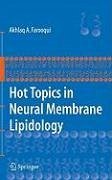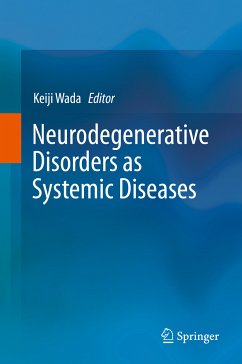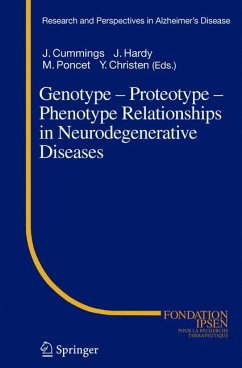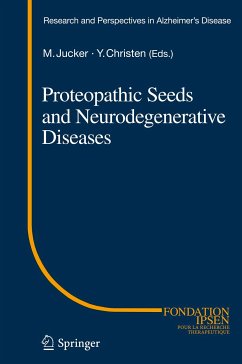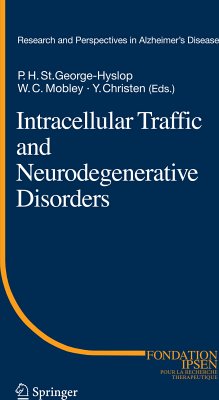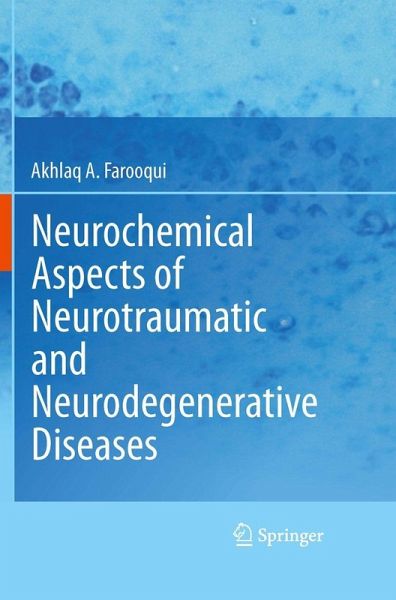
Neurochemical Aspects of Neurotraumatic and Neurodegenerative Diseases (eBook, PDF)
Versandkostenfrei!
Sofort per Download lieferbar
160,95 €
inkl. MwSt.
Weitere Ausgaben:

PAYBACK Punkte
80 °P sammeln!
Collectively, neurodegenerative diseases are characterized by chronic and progressive loss of neurons in discrete areas of the brain, producing debilitating symptoms such as dementia, loss of memory, loss of sensory or motor capability, decreased overall quality of life eventually leading to premature death. Two types of cell death are known to occur during neurodegeneration: (a) apoptosis and (b) necrosis. The necrosis is characterized by the passive cell swelling, intense mitochondrial damage with rapid loss of ATP, alterations in neural membrane permeability, high calcium influx, and disrup...
Collectively, neurodegenerative diseases are characterized by chronic and progressive loss of neurons in discrete areas of the brain, producing debilitating symptoms such as dementia, loss of memory, loss of sensory or motor capability, decreased overall quality of life eventually leading to premature death. Two types of cell death are known to occur during neurodegeneration: (a) apoptosis and (b) necrosis. The necrosis is characterized by the passive cell swelling, intense mitochondrial damage with rapid loss of ATP, alterations in neural membrane permeability, high calcium influx, and disruption of ion homeostasis. This type of cell death leads to membrane lysis and release of intracellular components that induce inflammatory reactions. Necrotic cell death normally occurs at the core of injury site. In contrast, apoptosis is an active process in which caspases (a group of endoproteases with specificity for aspartate residues in protein) are stimulated. Apoptotic cell death is accompanied by cell shrinkage, dynamic membrane blebbing, chromatin condensation, DNA laddering, loss of phospholipids asymmetry, low ATP levels, and mild calcium overload. This type of cell death normally occurs in penumbral region at the ischemic injury site and in different regions in various neurodegenerative diseases.
Dieser Download kann aus rechtlichen Gründen nur mit Rechnungsadresse in A, B, BG, CY, CZ, D, DK, EW, E, FIN, F, GR, HR, H, IRL, I, LT, L, LR, M, NL, PL, P, R, S, SLO, SK ausgeliefert werden.





